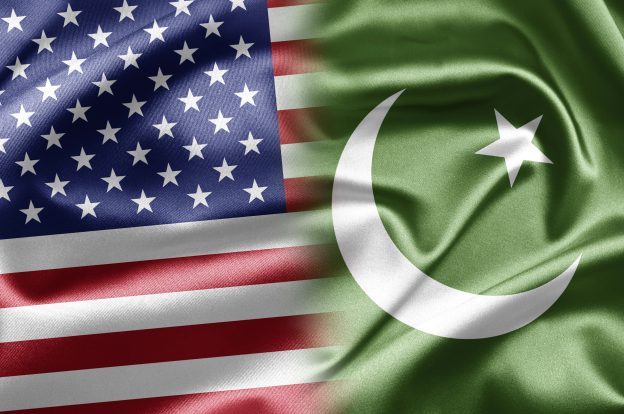Prime Minister Shehbaz Sharif has announced that Pakistan will send a high-level delegation to the United States to negotiate for lower tariffs and expanded market share. The move comes in response to concerns that new U.S. tariffs could severely impact Pakistan’s exports to the U.S.
The delegation plans to propose a reduction in tariffs on at least 55 products, in line with the tariffs China receives under its Free Trade Agreement (FTA) with the U.S. Pakistan also intends to address non-tariff concerns, such as the U.S. ban on the social media platform ‘X’.
Impact of New Tariffs on Pakistani Exports
The U.S. has recently announced a 29% tariff on Pakistani goods, a move that is expected to cause significant losses for Pakistani exporters. Economic think tanks estimate that this new tariff could result in a $564 million loss in exports to the U.S. in the first year. In the worst-case scenario, losses could rise as high as $2.2 billion.
Pakistan’s Trade Relationship with the U.S.
Prime Minister Sharif highlighted the long-standing trade relationship between the U.S. and Pakistan, emphasizing the government’s commitment to strengthening this partnership. The new tariffs come as part of efforts by the U.S. to reduce its trade deficit with Pakistan, but Sharif’s delegation aims to secure a fair deal that benefits both nations.
Delegation to Focus on Key Products
The delegation, which will include business leaders and exporters, will focus on negotiating lower tariffs on key Pakistani exports, including cotton, petroleum products, and soybeans. Pakistan is already benefiting from zero tariffs on cotton imports, but it plans to offer the U.S. additional imports of the commodity to strengthen its position.
The government is also pushing for a reversal of the tariff increases to pre-April 4 levels or a reduction to levels similar to those faced by Pakistan’s competitors, such as Egypt and Turkey.
Next Steps for Negotiations
The delegation will work on a strategy to engage with U.S. officials and propose a mutually beneficial resolution to the tariff dispute. The goal is to protect Pakistan’s export interests while fostering a more balanced and robust trade relationship with the U.S.
This diplomatic effort comes at a crucial time as trade tensions between the U.S. and China continue to escalate, further complicating global trade dynamics.






